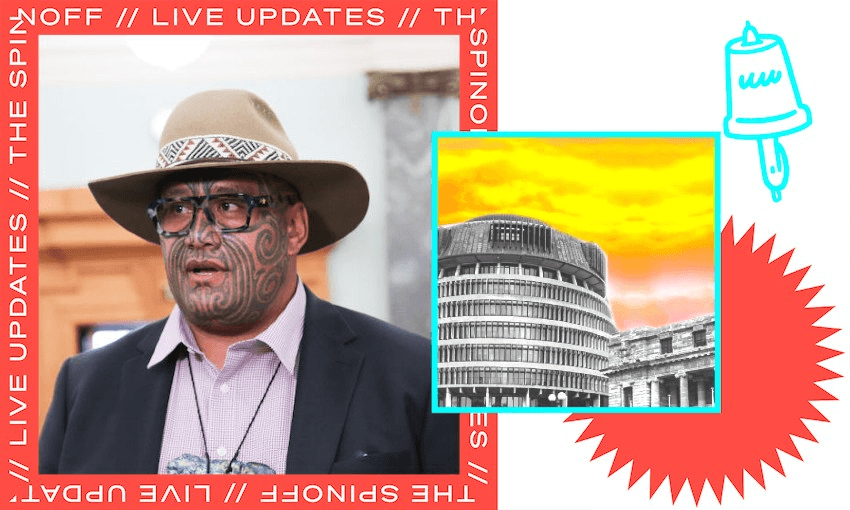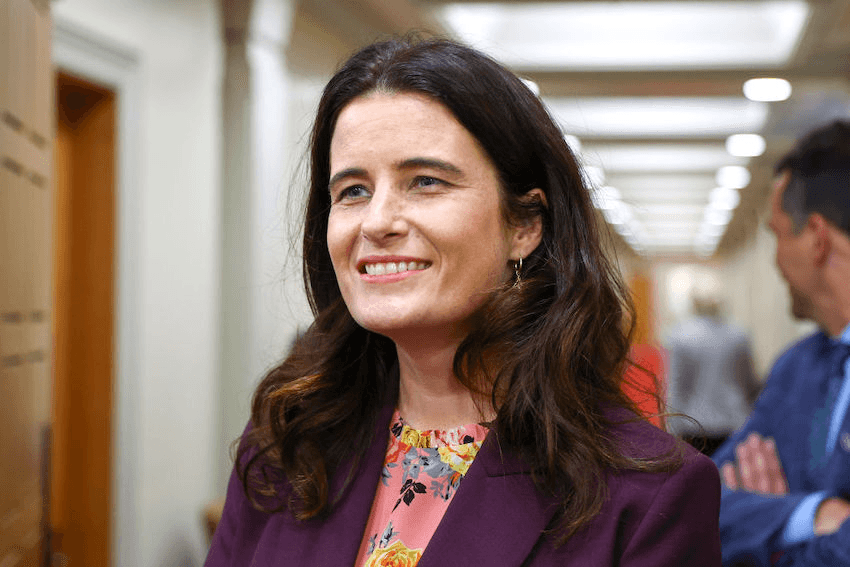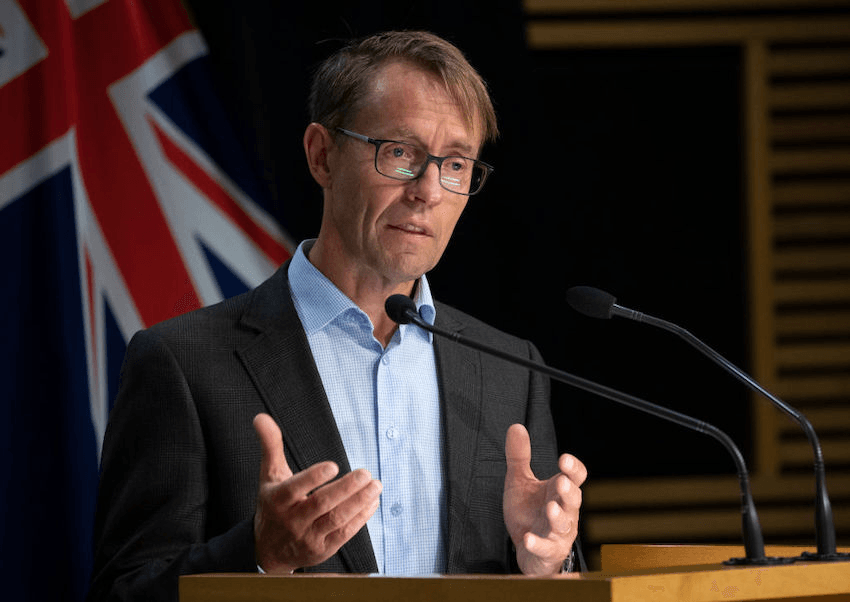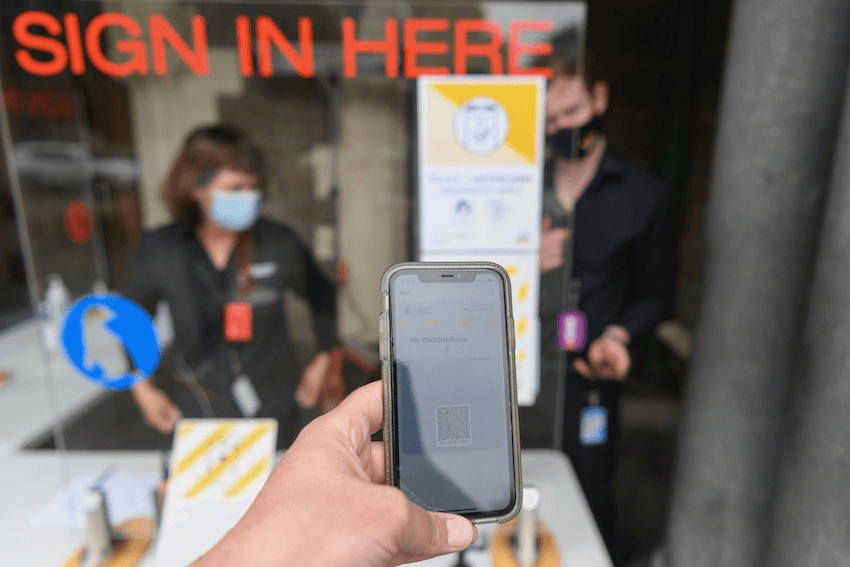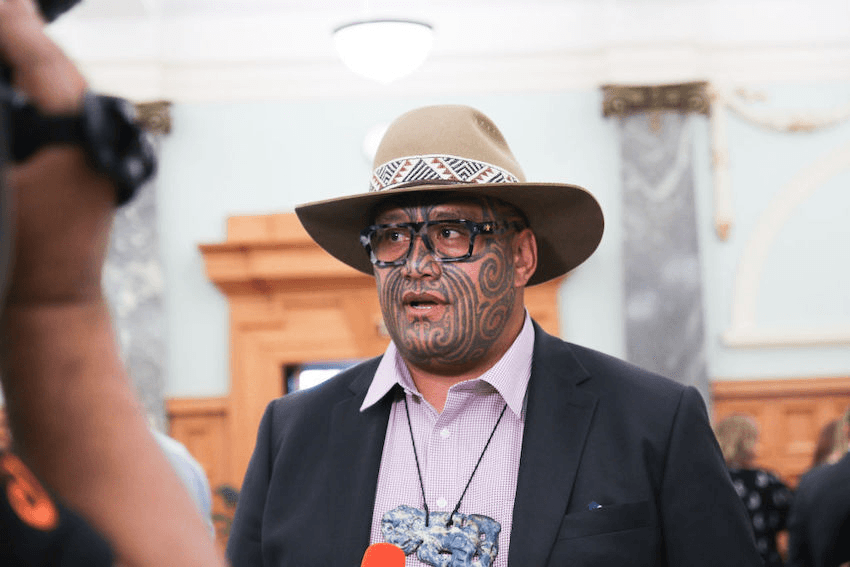The director general of health has warned we could be heading for another winter outbreak of Covid-19.
There are 29 new deaths of people with Covid-19 being reported today. That includes two people in their 20s, and brings the overall pandemic death toll up to 940. The deaths being reported today include 14 people who have died in the previous two days, and an additional 15 people who died between March 24 and May 7. The seven-day rolling average of reported deaths is 14.
There are now 398 people in hospital with Covid-19, with just six now in intensive care.
Another 7,441 community cases have been recorded.
Speaking at the Ministry of Health, Ashley Bloomfield said he thought the country’s case numbers would come back to a baseline of 3,000 to 5,000. They seem to have instead bottomed out at around 7,500. Bloomfield said it was possible we could be heading for “another quite large” outbreak of cases during winter.
Hospitalisations have levelled off at the mid 300s, but could be heading back up as well.
The number of new cases continued to fluctuate, said Bloomfield. The most “important” number to consider was the rolling average of new cases. That number is today 7,548 – last Friday it was slightly higher at 7,555.
Bloomfield said the ministry was very nearly through the work of categorising all the reported deaths into those that were clearly from Covid-19, where it was a contributing factor and where it was incidental. “Then those details will be provided daily,” he said.
Auckland’s Covid numbers continue to be higher than all other regions, but it has dropped back from yesterday. Bloomfield said while Northern region case rates are creeping up, “we haven’t seen an increase in the virus in wastewater or the positivity rate of people presenting to hospital”. In Auckland, there are now 183 in hospital with Covid compared to 137 a week ago.
The higher cases could be because more people are reporting positive results. “It’s believed probably about half of cases are actually being reported,” said Bloomfield.
An update was expected “soon” on a fourth dose of the Covid-19 vaccine. “Eligibility criteria and rollout details are being finalised,” said Bloomfield. “We’re very keen that people, especially the elderly, have peak immunity of that fourth dose right at the time of the winter peak of omicron, predicted to be in July or August, meaning June will be the right time to roll out the vaccine.”
For people who have been infected with omicron but haven’t had a booster dose, research shows getting a booster (after a gap of three months) protects very well against reinfection.
Asked about New Zealand’s fairly low booster rate, Bloomfield said this was “vexing us”.
He added: “We’re looking at how we can get those rates up. Our approach is really positioning it around getting ready for winter.” There were no plans so far for a “Super Saturday” type vaccination event.
Meanwhile, Bloomfield said influenza A has already been confirmed in the student population in Dunedin and in Queenstown. The current flu vaccine affords a good level of protection, he said, but there is expected to be a surge in hospitalisations when RSV, influenza and Covid outbreaks coincide.
Bloomfield said he won’t be reconsidering his decision to step down as director general even if Covid cases start to surge again.
